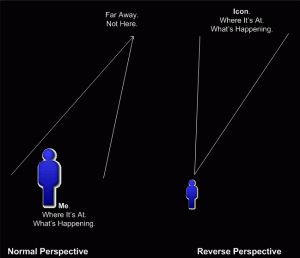This is a topic where we can discuss what we mean by “objective” and by “subjective”. It is not tied to anything specific. We don’t have to reach a consensus.
Here are a couple of examples to illustrate the issues:
- Is mathematics objective or subjective? On the one hand, it is mostly a mental construct, so in some views that would make it subjective. On the other hand, there is very strong agreement between mathematicians, and that seems to suggest that it is about as objective as anything could be.
- If we assume Berkeley’s idealism (the world is nothing more than a mental construct derived from our perceptions), would that imply that everything is subjective and nothing is objective? Or, since we seem to all refer to the same things (cats, trees, etc) should we say that those are objective even if only mental constructs.


